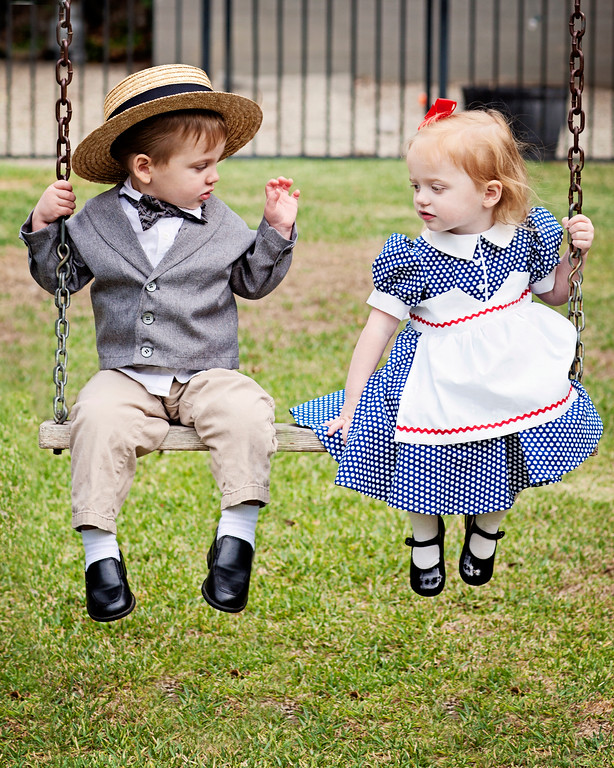Being good versus doing good. Two seemingly similar things are actually quite different. Being good stems from our inner compass or our internal character. Doing good is the outward action we show to others: kindness. When our core values are solid, we can be soft on the edges and show kindness as we coexist with many personalities. When we haven’t established our core values, we tend to be reactive to situations and rough in our interactions. Kindness requires a habitual check-in with our heart, otherwise our days could easily be filled with angry commands, insensitive jokes, snarky remarks, and selfish actions.
What does kindness look like?
- Compassion
- Being friendly
- Being courteous or humane
- Having good manners
- Being aware of others
- Concern for others
- Social awareness
- Sharing
- Helpfulness
- Generosity
Kindness is not dependent on what others do or don’t do – it depends on what WE do!
Training A Child Of Character In A Crazy World
How do we influence kindness in our children when we live in a world that values being first, being the best, being popular, being right . . . at the expense of others?
We first need to take a look out our own issues and identify the life obstacles that trigger our negative reactions. Are we stressed because our overloaded schedule makes us late for everything? Does our absent spouse cause feelings of resentment or bitterness? Does constant nagging make us feel incompetent? Does lack of sleep make us impatient? Do we carry baggage from our personal family history that spills into our spouse/children? When we can understand the emotions and triggers to our negative responses, we can choose a new response to replace it.
The second part is learning to listen – not just to what is being said – but listening to the heart behind the person speaking. By listening, we learn to work together, and we also learn to respectfully disagree. Bizarre views can be transformed from, “You have got to be kidding me!” to “How did you come to that?” Listening is so important because it can move us into a posture of, “How can I help?”
But the fruit produced by the Holy Spirit within you is divine love in all its varied expressions: joy that overflows, peace that subdues, patience that endure, kindness in action, a life full of virtue, faith that prevails, gentleness of heart, and strength of spirit.
Galatians 5:22-23 [The Passion Translation]
Passionate With Kindness
Kindness is not just expressed to others who are kind or who will be kind in return. It is also expressed to others who are unkind. Sometimes that means being kind to ourselves. Kindness is expressions of love, beautifully described in the passage below:
Love is large and incredibly patient. Love is gentle and consistently kind to all. It refuses to be jealous when blessing comes to someone else. Love does not brag about one’s achievements nor inflate its own importance. Love does not traffic in shame and disrespect, nor selfishly seek its own honor. Love is not easily irritated or quick to take offense. Love joyfully celebrates honesty and finds no delight in what is wrong. Love is a safe place of shelter, for it never stops believing the best for others. Love never takes failure as defeat, for it never gives up.
I Corinthians 13:4-7 [The Passion Translation]
Personal Kindness. Sometimes we are hardest on ourselves. When mistakes are made, be kind to yourself. We are a work-in-progress. When dealing with others, be mindful of tone, words, volume, and intensity. Choose to be kind in what you say about others because they might be fighting a battle that we know nothing about. Make a conscious choice not to be self-centered and do deeds of kindness in and outside of the family and talk about it.
Partner Kindness. Respect is so important in relationships. Our words have the power to build up or tear down. Show respect through words and actions. Serve your spouse when she needs help, and stand up for him when your children are unkind or disrespectful.
Parenting Kindness. Modeling compassion, sacrifice, and serving others are the beginning steps of teaching our children about kindness. Be sensitive to life from your child’s eyes. When we have multiple children with a large range of ages, we sometimes overlook the youngest’s perspective when we are trying to teach the older ones. Be intentional with working on kindness between family members creating opportunities to serve each other.
We will need to remind our children (and ourselves) that kindness is not weakness. Sometimes the hard thing and the right thing are the same thing.

